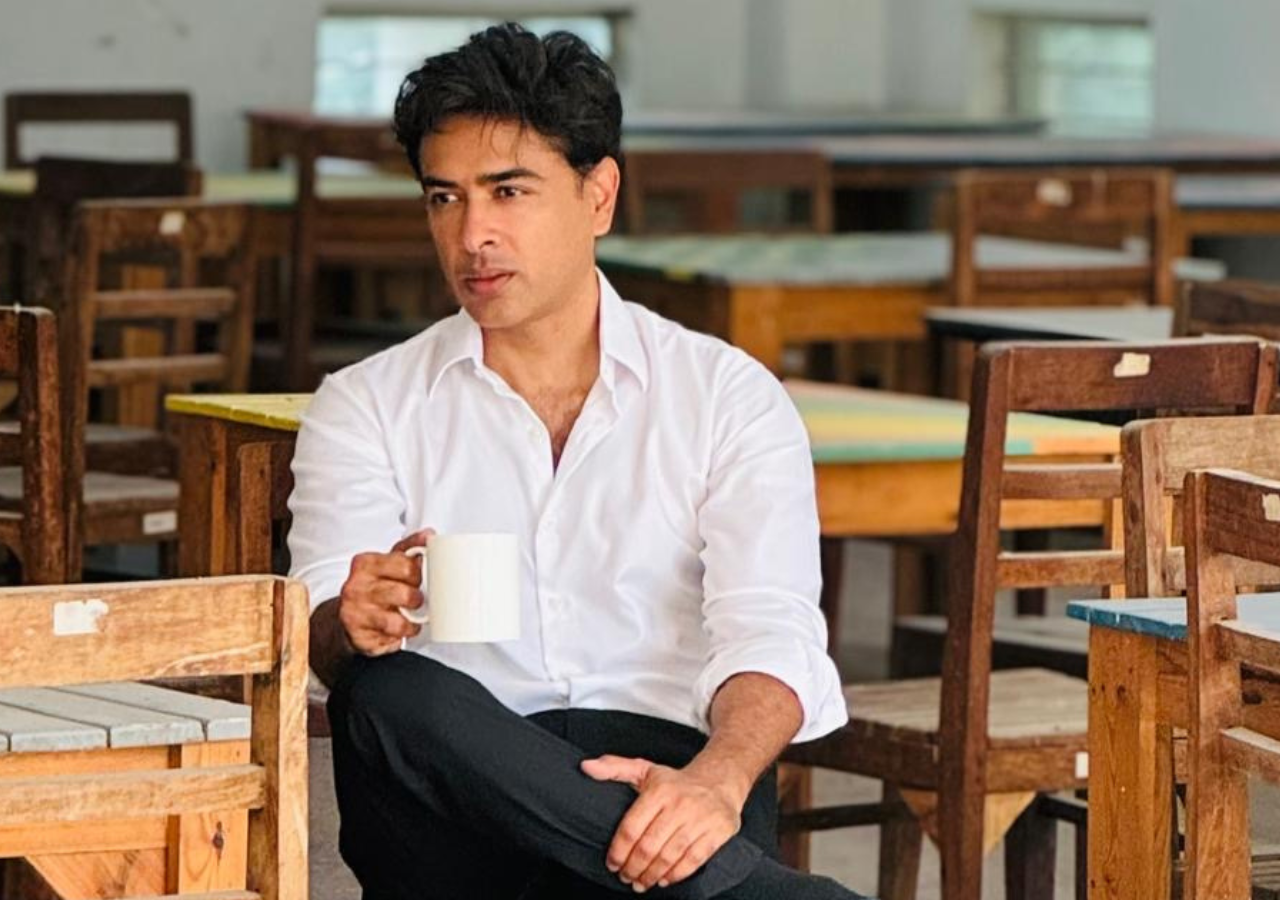“I started making music in the late ’90s,” says Shehzad, “and at that time, although it was acceptable to enjoy music and attend concerts, parents generally wouldn’t allow their children—especially girls—to pursue it as a profession, to sing or to act.”
“However, people in Pakistan are exceptionally open to change. While I kept doing what I loved, my family supported me, even though making music wasn’t culturally acceptable back then.”
Shehzad’s perseverance and determination, which has led to great reform in Pakistan’s education sector, has been evident from the start of his career.
Shehzad is the founder and president of Zindagi Trust, an NGO that works towards bettering the quality of education in Pakistan’s public schools. The Trust works closely with students, educators and the local community to help improve the education system. So far, the Trust has helped more than half a million students.
The Trust’s work targets all aspects of education. From schools infrastructure, administration, teaching and opportunities available for students, it is on a mission to improve and empower lives. Even beyond the work of his Trust, Shehzad continues to advocate for social reform through his music.
“When I started reforming the first public school, Fatima Jinnah Government School, it inspired me to write sociopolitical songs,” the artist shares. “My next album was completely sociopolitical and titled ‘Qismat Apney Haath Mein Hai’ (Fate is in Your Hands).” The album advocates for individuals to empower themselves and tap into their resilience.
But the fight for social justice is a difficult path with constant obstacles to overcome. “We encountered all sorts of problems: land grabbers, drug mafias, and the exploitation of religion and patriotism.”
Regardless, the NGO’s achievements and positive impacts on children’s lives provides the extra push and determination, when required, to overcome challenges. Zindagi Trust has helped to improve learning spaces, create safer environments for students and introduce more extracurricular activities for students to partake in. Shehzad also highlighted some of their policy successes: “through these government schools, we managed to influence many policies across Pakistan, including banning corporal punishment and introducing life-skills-based education.”
“This change, adopted into the provincial curriculum, helped protect millions of children from sexual abuse.”
While staying true to his vision and audience expectations, the artist doesn’t shy away from its difficulty. “It’s very difficult to maintain balance,” he began to explain, “but I truly believe that when something comes from the heart artistically, it often breaks barriers and sets trends.”
Now, looking forward, the artist wants to continue blending his activism work and music to deliver messages of hope and encouragement.
“The impact I want my music and NGO to make is to encourage young people to celebrate diversity, believe in change, challenge old dogmas, and learn to coexist.”









